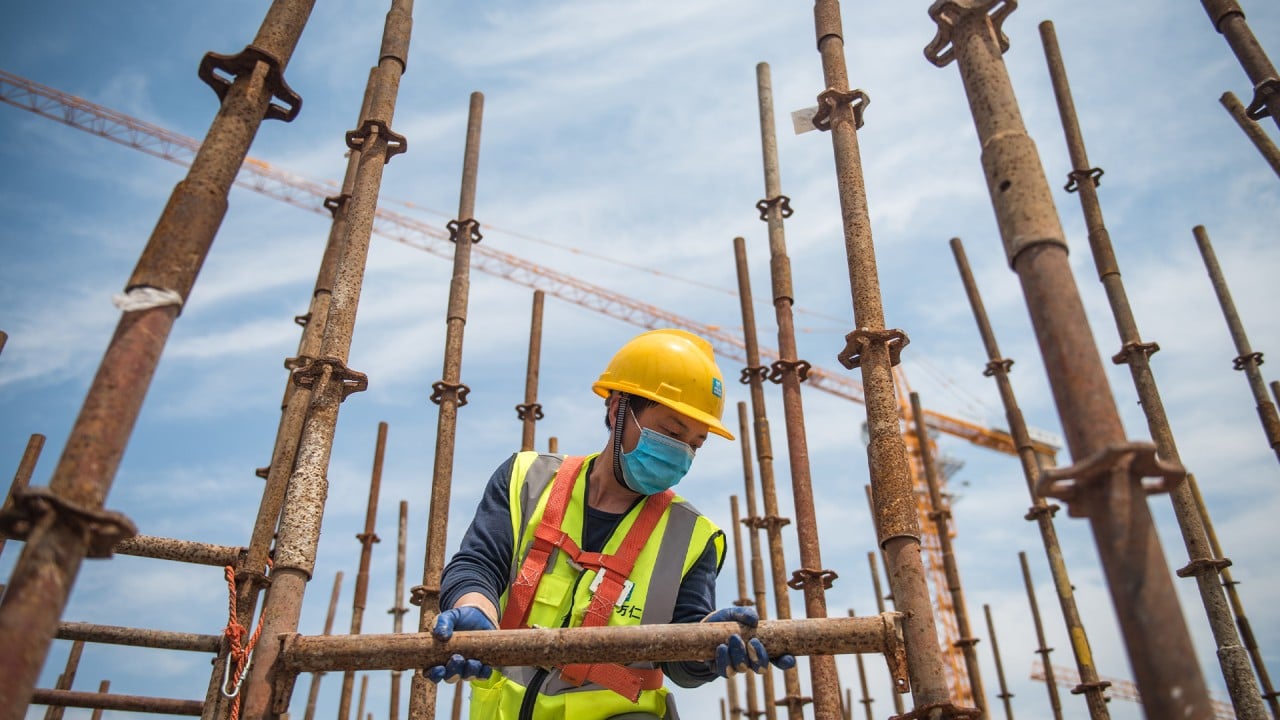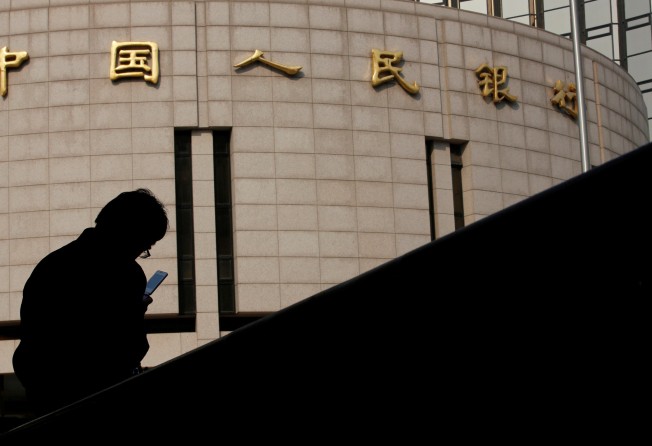
05:02
Coronavirus backlash further fraying China’s ties to global economy

Cracks are appearing in China’s 21.3 trillion yuan (US$31 trillion) trust industry, a key component of the country’s shadow banking system, as fresh trouble at Sichuan Trust highlights growing risks in alternative funding for companies unable to access regular bank loans.
The cash-strapped trust company backed by the Sichuan provincial government last week apologised to investors for missing payments on its financial products, saying it was exploring new ways to generate cash.
“Affected by the global economic downturn, the new coronavirus outbreak, and the suspension of the issuance of trust of trust products, some companies are unable to return funds on time. As a result payments have not been distributed on time. Sichuan Trust sincerely apologises to you,” the company said in a statement on its website.
The firm said it was looking to dispose of some of its assets, including shares and property, and introduce “strategic investors” along with other ways to “enhance the company’s capital strength and supplement liquidity”.

05:02
Coronavirus backlash further fraying China’s ties to global economy
“The company will go all out and strive to recover the funds by disposing the underlying assets within one year and allocate them in a timely manner in accordance with the progress of recovering our funds,” Sichuan Trust said, without disclosing the amount owed to investors.
China’s trusts companies are an important source of credit for borrowers in risky industries – like real estate – that struggle to access bank loans.
The industry, however, has been plagued by allegations of wrongdoing and violations, including easing and disguising off-balance-sheet lending.
Strains in Sichuan Trust’s liquidity began to emerge last month, when investor Hangzhou Boiler Group said in a stock exchange filing that the Chengdu-based trust firm had failed to return a total of 40 million yuan in principal and interest owed to it.

05:59
Coronavirus: What’s going to happen to China’s economy?
Hundreds of disgruntled investors protested in front of Sichuan Trust’s headquarters in Chengdu last month and later arranged to meet with senior management to air their grievances, according to Chinese media company Caixin.
Regulators have launched an investigation into Sichuan Trust over allegations of poor disclosure and misappropriating funds, Beijing Business Today reported last week.
Sichuan Trust did not respond to phone calls and emailed questions on Friday regarding the investigation and investor complaints.
Andrew Collier, managing director at Orient Capital Research, said more trust defaults were likely this year as the difficult economic conditions hit the weakest sectors of the economy.
“There will be a growing divide between well off provinces, such as Sichuan, and others, that can’t afford to back their provincially-backed trusts. This is part of a general trend where China will see an increasing split between the winners and losers in the economy. Some of these battles will be fought between provinces.”
Net profits at Sichuan Trust have been declining over the past few years, according to annual reports. In 2019, it reported 730 million yuan of net profits, down 6.6 per cent from 778 million yuan the previous year. In 2017, the trust firm booked a total net profit of 999 million yuan.
Use, a data provider on trust and asset management in China, estimated that last year 118 trust products defaulted or delayed payments to investors, while 66 out of 68 trust firms in China had defaulted or delayed payments since 2014.
Moody’s estimated that the total amount of trust assets prone to default and repayment risks were more than 643 billion yuan at the end of the first quarter this year, a record high since data became available in 2014.
The share of trust assets classified as risky rose to 3 per cent in the first quarter, from 2.7 per cent at the end of 2019, the credit rating’s agency said.
Shanghai-based Anxin Trust, which had defaulted on millions worth of products, was fined 14 million yuan in April by China’s banking and insurance regulator for misappropriating funds and poor disclosure.
Gao Tianguo, who controlled Shanghai Gorgeous Investment Development, the biggest shareholder of Anxin, was detained by police on suspicion of violating a law that prevents irresponsible lending practices that lead to losses, according to a statement published by Anxin Trust on June 6.